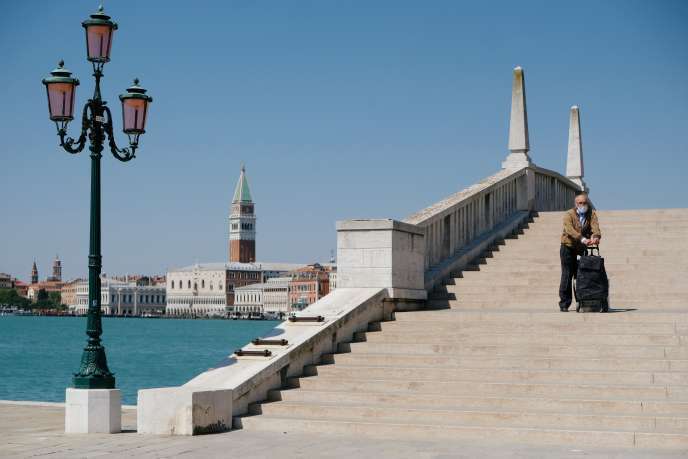With the holiday season in Europe coming to an end, it has become clear that COVID-19 has substantially impacted the tourism industry, after decades of steady growth. Measures to contain the spread of the virus, including mobility restrictions and travel bans, have slashed tourism flows. Even after the travel restrictions are largely lifted across geographies, the fear of travel might linger for longer. This is important as the region is a major international travel destination and the industry is a key source of income and employment.
Industry experts have assessed selected factors, mostly structural, related to foreign travel and tourism that may help us interpret the impact of the current situation on individual euro area countries. The results indicate that the Southern European economies such as Greece, Cyprus, Malta, Portugal, Spain, and Italy are more vulnerable to the downturn in tourism. By contrast, Germany, Belgium, Finland, France and Slovakia are less vulnerable according to our selected metrics.
The high reliance on the travel and tourism sector, and the spillover to the broader economies of the Southern European countries can contribute to an unequal recovery in the euro area even as economies continue to open up. The damage to the sector may be more severe for countries with higher reliance on foreign tourism.
The recent spike in virus cases in Europe dashed hopes for a strong summer season recovery and raises the uncertainty for the fourth quarter of the year. Depending on the evolution of the virus, prospects for next year may also be severely affected. Factors such as the business environment, transport and tourist service infrastructure, natural and cultural offerings, safety and security and price competitiveness could be important in facilitating the recovery in the tourism industry.
The ultimate impact will depend on the evolution of the pandemic, the imposition of restrictions, and government policies to ease the impact of the shock. The government support measures have been playing a significant role in weathering the short-term impact. The tourism sector could suffer more lasting damage, resulting in some business closures and more job losses. In this case, labor will likely need to be reallocated across the economy, increasing the importance of effective active labor market and training policies to help labor re-absorption.
WHAT TO TAKE AWAY FROM THIS ARTICLE:
- The high reliance on the travel and tourism sector, and the spillover to the broader economies of the Southern European countries can contribute to an unequal recovery in the euro area even as economies continue to open up.
- The ultimate impact will depend on the evolution of the pandemic, the imposition of restrictions, and government policies to ease the impact of the shock.
- Factors such as the business environment, transport and tourist service infrastructure, natural and cultural offerings, safety and security and price competitiveness could be important in facilitating the recovery in the tourism industry.






















